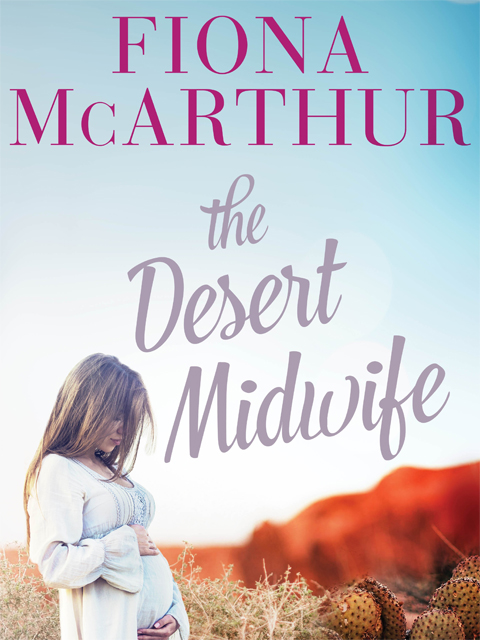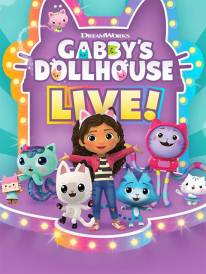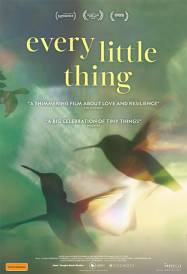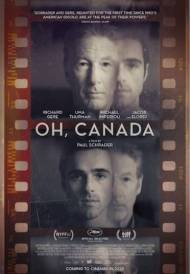Love Between the Pages: The Desert Midwife

The heart-warming new romantic drama from the bestselling author of Mothers' Day.
What if the love of your life forgot who you were?
When outback midwife Ava May meets Zac on a flight to Alice Springs, they tumble into a whirlwind affair. But an exciting adventure leads to a terrible accident, with shattering consequences. The couple who had so much going for them now find themselves with everything to lose.
Devastated, Ava retreats to her family cattle station to help salvage what she can of the critical situation. But at home on the drought-ridden farm, her brother is being pushed to his limits, and as his depression intensifies, Ava must step in to prevent another family tragedy.
Against the majestic backdrop of Australia's Red Centre, old dreams are shattered, new babies are born and true love takes flight.
By Australia's renowned midwife and bestselling author of Mothers' Day, The Desert Midwife is a romantic drama about strong families, medical miracles and new beginnings.
Drawing from her life as a rural midwife, Fiona McArthur shares her love of working with women, families and health professionals in her books. In her compassionate, pacey fiction, her love of the Australian landscape meshes beautifully with warm, funny, multigenerational characters as she highlights challenges for rural and remote families, and the strength shared between women. Happy endings are a must.
Fiona is the author of non-fiction book Aussie Midwives, and lives on a farm with her husband in northern New South Wales. She was awarded the NSW Excellence in Midwifery Award in 2015.
The Desert Midwife
Penguin Australia
Author: Fiona McArthur
ISBN: 9780143785828
RRP: $32.99
Interview with Fiona McArthur
Question: What inspired the story of The Desert Midwife?
Fiona McArthur: During the research into the non-fiction book Aussie Midwives I met another midwife who inspired me. There are a lot of midwives who do that but I am drawn to them. This lady drove between Alice Springs and Katherine on her Monday to Friday job covering thousands of kilometres to give antenatal care. I was amazed and thought the concept of her work week would be a beautiful base for a book – now all I needed was a story to build around that backstory.
Question: How much of your inspiration comes from real life and real people?
Fiona McArthur: My midwife Ava, has a similar job to the midwife I'd met, in her work but not in her life. I wanted my midwife to call into all the Indigenous communities and stations with pregnant women and provide outreach antenatal care, though, just like the real-life midwife did. But I wanted a multigenerational family in the background. Ava sometimes managed to be there for births in Alice Springs if the timing connected and that was always a joy for her there, but her family also have a history of outreach medicine.
With the mindset of growing up on an outback station, that strength of character comes from the station women I've run into in the last few years from all over Australia. So real life and a melding of real people makes for an authentic book and that's really important to me and to those I choose as role models. The women I've met outback can do anything and solve problems because nobody else will solve them for them and they do it without fuss.
I must admit, though, the little mailboxes that Granny Mim makes in her shed come from a visit to Broken Hill, and Mount Gipps Station, when I was writing The Homestead Girls. That mailbox really calls to me.
Question: Why is it important to talk (and in your case write) about childbirth?
Fiona McArthur: I love any opportunity to share the message that women are incredibly strong and capable of natural childbirth if the situation arises. I'm not advocating lack of antenatal care or lack of backup at birth. I'm saying that when the situation arises unexpectedly – have faith in the natural process.
Question: There are several issues raised in this book. Was this deliberate or did the story evolve this way? The story evolved that way. The setting was important to me, Uluru touched me in unexpected ways, and I wanted to encourage people to not miss their own experience there. I love the area more each time I visit so the descriptive writing about it was a joy and I hope everyone who reads the book will visit and fall as much in love with the beauty of Central Australia as I did.
The learning I did about Aboriginal culture was also a joy and I was so fortunate to communicate with two incredibly helpful women from the area who also spoke to the elders of the local community about ways to ensure the book was sensitive to cultural issues.
The mental health issues are real in our society and when some outback men head towards depression it's felt they blame themselves – as if they could have done better for their families despite drought and disaster – which just isn't true. I wanted people to think about risk of suicide affecting normal families and also how it is an illness and that those afflicted don't choose to be so sick they attempt or succeed to take their own lives or cause the pain that follows. They are so unwell mentally they can't rationalise like that and more help is needed to support the farmers and their families.
Question: What message do you hope The Desert Midwife spreads?
Fiona McArthur: Appreciation. Pride. Self-worth. How proud I am to be Australian, how much I appreciate the huge job families in the outback achieve, how amazing the women who birth, nurture their families, and deal with hardship are, how awesome the men are, and how much that spirit is a part of all of us.
Interview by Brooke Hunter
The Desert Midwife
Penguin Australia
Author: Fiona McArthur
ISBN: 9780143785828
RRP: $32.99
MORE



